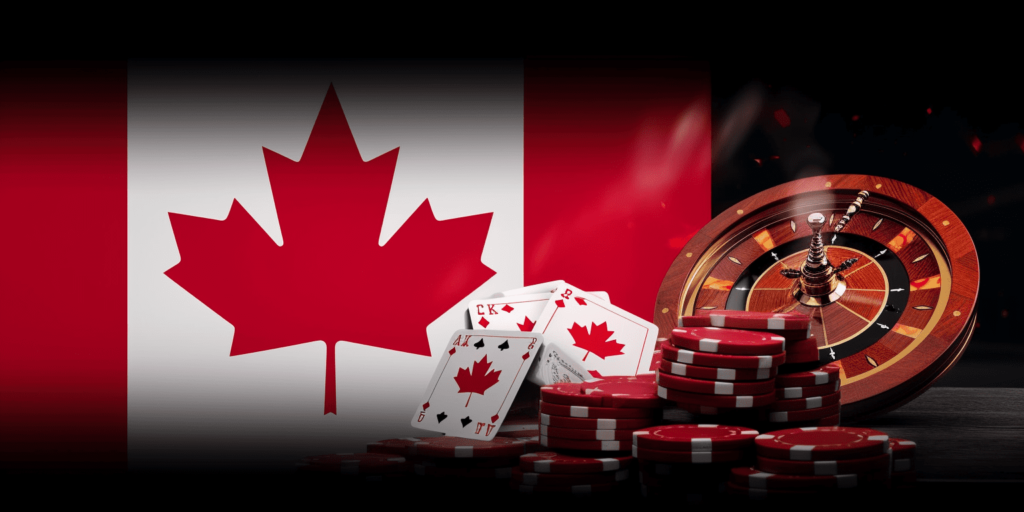Canadian Online Gambling Laws
Related article
Is Online Gambling Legal In Canada?
A few years ago, online gambling was illegal in Canada unless the platform had a government license. However, many Canadians still play on offshore platforms, and no one can forbid this. The law does not allow online casinos or sportsbooks to have servers in Canada. The thing is that the criminal code of this country doesn’t prohibit online wagering. However, it doesn’t allow wagering at a casino, which is not regulated in the province it works. So, if you wish to play poker, blackjack, bingo, roulette, or lottery games, pick a regulated betting site.
Canadians can still gamble on internationally licensed websites since no laws prevent them from doing this. The government used to monitor gambling through a criminal code. But in 1985, it let provinces make their own terms. Today, every province has its licensing system, and the Canadian Gaming Commission controls the whole industry.

Canada Online Gambling Laws
Canada’s gambling laws have changed a lot over the years. Before 1969, gambling was illegal. That changed when the Canadian government legalized lotteries to raise money for charities.
In 1970, provinces gained control over gambling in their areas. They made sure local casinos followed the rules. By the 1990s, online betting sites began to pop up. They were popular but still not fully legal, so the government had little regulation over them.
Today, offline and online gambling in Canada has grown fast. Players can enjoy slot machines, card games, sports betting, and lotteries at local and offshore platforms. But with more gambling, addiction concerns also increased. To address this, Canada strengthened its laws. On top of that, modern betting platforms have responsible gambling practices in place. They allow users control themselves when playing.
Ontario became the first province to legalize online casinos; this state set the stage for more changes in the future.
Online Gambling Regulations by Province
The online gambling laws in Canada are unique and vary depending on the province. Let’s take a closer look at the online regulations by province.
Alberta
British Columbia
Manitoba
New Brunswick
Newfoundland and Labrador
Prince Edward Island
Quebec
Saskatchewan
Why Gambling Licenses Matter
Gambling licenses help keep casinos safe and fair. The ruling body uses them to make sure casinos follow Canadian gambling laws. A regulated platform can’t scam players or operate illegally. Plus, it offers secure payment methods and many table and live games. All in all, following online gambling laws in Canada is a top priority.
Every province has its terms, and casinos must obey them. Without a license, a betting site could offer unfair games or refuse to cash out winnings. That’s why players should always pick licensed sites. In doing so, they can protect their money and personal details. On top of that, regulated gambling websites partner with top software providers. Plus, they follow responsible gambling practices. As a result, Canadians play bingo, poker, slots, or lottery and feel protected.
Who Issues Gambling Licenses in Canada?
In Canada, each province decides its legal gambling conditions. The state allows provinces to issue licenses and regulate casinos. That’s why gambling laws can differ across the country. It’s normal to see different laws for online and land-based gambling across the country.
All provinces have regulatory bodies that deal with providers and allow them to issue licenses. Here’s a list of these bodies.
- Alberta Gaming and Liquor Commission
- Alcohol and Gaming Commission of Ontario
- Québec Gambling Commission and Kahnawake Gaming Commission
- Manitoba Liquor and Gaming Authority
- British Columbia – The Gaming Policy and Enforcement Branch (GPEB)
- Alcohol and Gaming Authority of Nova Scotia
- Atlantic Lottery Corporation (ALC) in Newfoundland and Labrador
- Saskatchewan Liquor and Gaming Authority (SLGA)
- Prince Edward Island Gambling
- New Brunswick Lotteries and Gaming Corporation.
Each sets the laws for their province and serves as the provider responsible for licensing operators.
New Gambling Laws in Canada
In November 2020, the Canadian ruling body introduced Bill C-13, which changed the gambling scene. This bill updated the criminal code for sports betting. It passed in February 2021 and made it legal to use licensed gambling sites.
The government is now more involved in online gambling laws in Canada. The future of this area in this country is still uncertain, but rules will be changing. Some expect the federal government to take a bigger role in regulation. Others think each province will continue running things on its own. There’s also talk of a national framework to create clear terms for sports betting. This could help set stronger guidelines and improve enforcement. All in all, to protect your gambling journey, pick a casino licensed in Ontario, Quebec, Alberta, Montreal, or other federal provinces of Canada. If it’s an offshore platform, also pay attention to its license.
Final Thoughts
We have covered the key points about Canadian online gambling laws. Each province sets its statutes. That’s why regulations are different across the country. Local regulatory bodies oversee licensed sites to make sure they follow the law and that a Canadian player gets the support he or she needs.
In Canada, gambling is legal only when it follows the rules set by each province. So, pick casino or betting sites that follow federal laws, partner with trusted providers, and value their users. Select casinos that offer fast deposits, many table and live games, and goodies for new and regular players. As a result, your gambling experience will always be hot and rewarding!
FAQ


